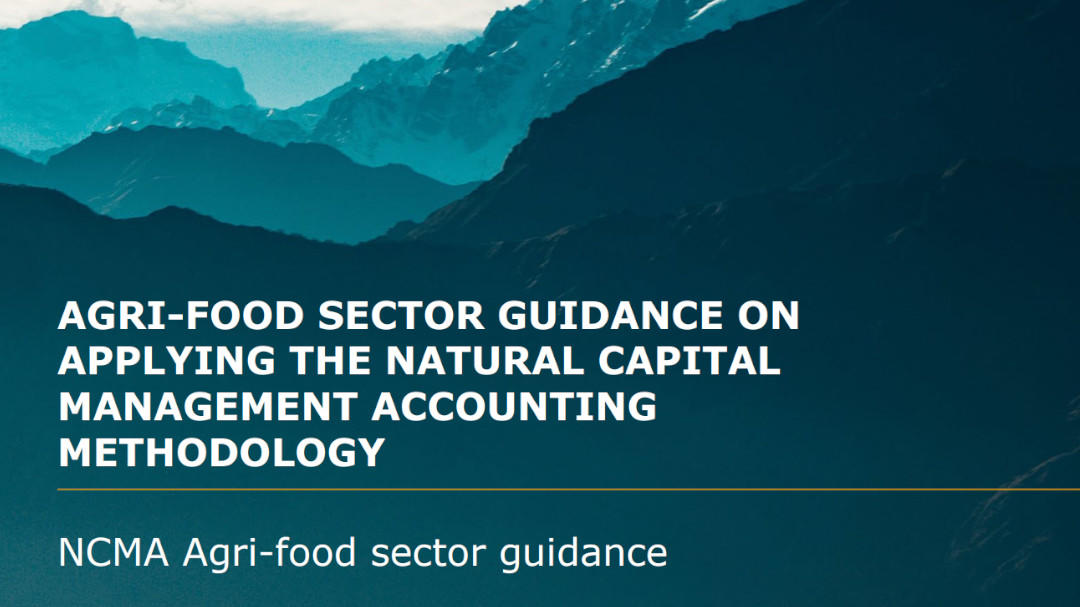The increasing degradation of our natural environment, coupled with the alarming loss of biodiversity and the relentless impacts of climate change, underscores the pressing need for businesses to reconsider their role in sustainable development. This imperative for sustainable business practices has shifted from the margins to the center, recognizing the interdependent relationship between the vitality of natural ecosystems and the resilience of our economic systems.
Amidst this urgent call, the Transparent Project emerges as a transformative initiative. Led by the Value Balancing Alliance, the Capitals Coalition, the World Business Council for Sustainable Development (WBCSD), and the European Commission's DG Environment, this collaborative effort seeks to redefine how businesses account for their impact on natural capital. Generously funded by the EU Life Programme, the project aligns with the goals of the European Green Deal, emphasizing the pivotal role of the private sector in steering the green transition.
Central to this transformative approach is the Natural Capital Management Accounting (NCMA) methodology. Diverging from conventional natural capital accounting, NCMA transcends external reporting and firmly embeds itself within the realm of management accounting. It aims to measure and value how business activities impact societies by altering natural capital and ecosystem services, introducing the concept of double materiality logic to identify dependencies on natural capital.
WBCSD has taken a leadership role in crafting the agri-food sector-specific guidance. The report, which represents a complement to the NCMA methodology, provides insights on how businesses in the agri-food sector can apply natural capital accounting principles. Users can expect detailed considerations on objectives for measuring and valuing impact, along with insights on scoping, materiality, data availability and the valuation of impact drivers in monetary terms. The guidance goes further by providing a concrete example based on the agri-food sector, facilitating a nuanced understanding of the impact of relevant business activities throughout the value chain.


